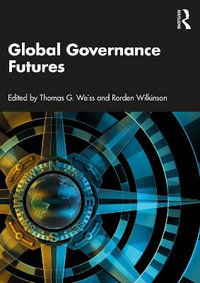
Democracy in the Arab World
Explaining the Deficit
By: Ibrahim Elbadawi (Editor), Samir Makdisi (Editor)
Hardcover | 10 September 2010 | Edition Number 1
At a Glance
Hardcover
$388.18
Aims to ship in 7 to 10 business days
ISBN: 9780415779999
ISBN-10: 0415779995
Series: Routledge Studies in Middle Eastern Politics
Published: 10th September 2010
Format: Hardcover
Language: English
Number of Pages: 354
Audience: College, Tertiary and University
Publisher: Taylor & Francis Ltd
Country of Publication: GB
Edition Number: 1
Dimensions (cm): 23.39 x 15.6 x 2.06
Weight (kg): 0.67
Shipping
| Standard Shipping | Express Shipping | |
|---|---|---|
| Metro postcodes: | $9.99 | $14.95 |
| Regional postcodes: | $9.99 | $14.95 |
| Rural postcodes: | $9.99 | $14.95 |
How to return your order
At Booktopia, we offer hassle-free returns in accordance with our returns policy. If you wish to return an item, please get in touch with Booktopia Customer Care.
Additional postage charges may be applicable.
Defective items
If there is a problem with any of the items received for your order then the Booktopia Customer Care team is ready to assist you.
For more info please visit our Help Centre.
You Can Find This Book In
This product is categorised by
- Non-FictionPolitics & GovernmentPolitical Structure & ProcessesPolitical Structures & Democracy
- Non-FictionPolitics & GovernmentPolitical Structure & ProcessesConstitution & The Government & The State
- Non-FictionSociety & CultureSocial Groups
- Non-FictionReference, Information & Interdisciplinary SubjectsInterdisciplinary StudiesRegional Studies
- Non-FictionPhilosophySocial & Political Philosophy























